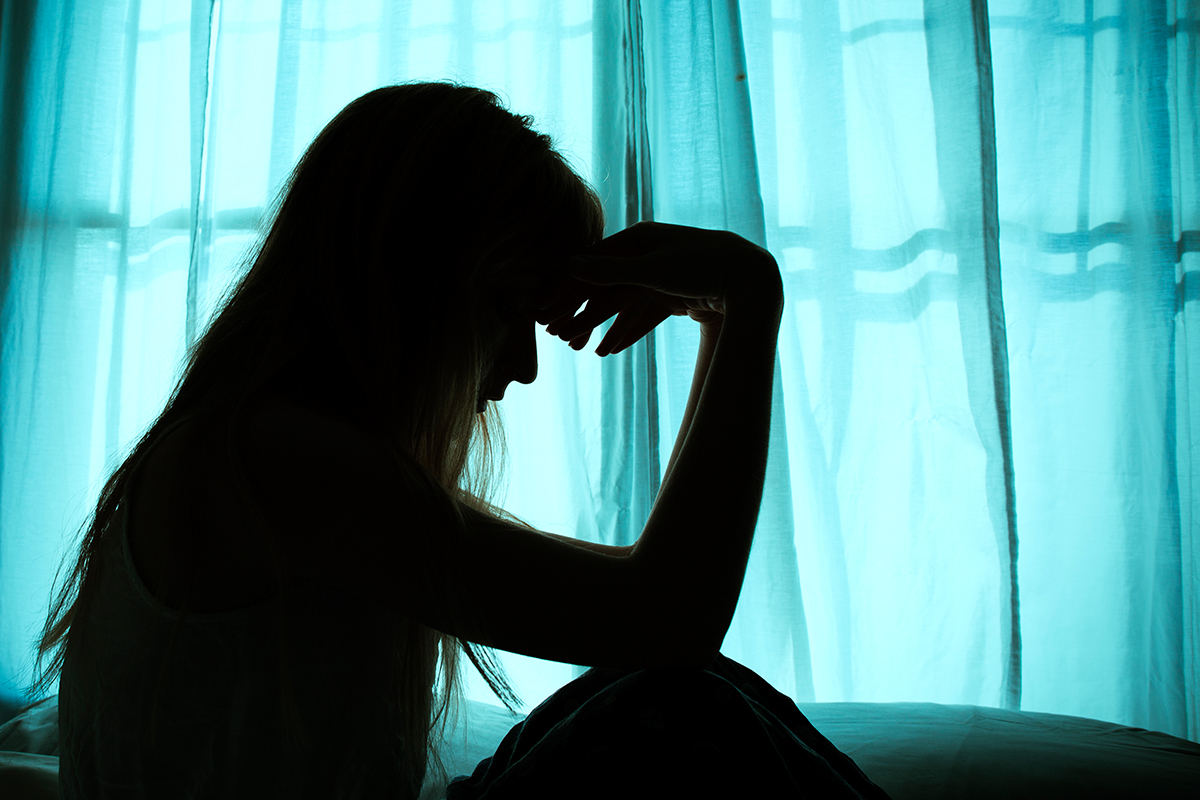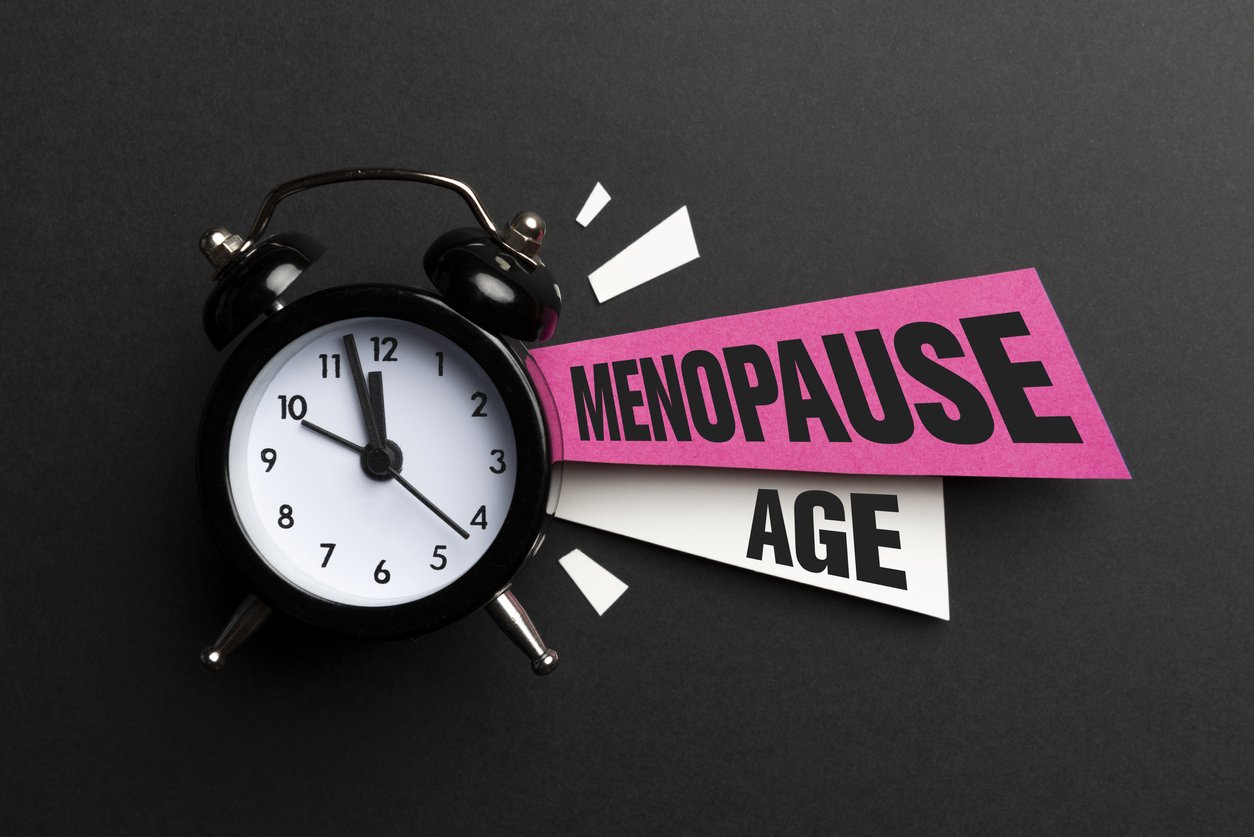Women approaching their late 40s have been faced with a dilemma for decades. As the menopause approaches, they have a choice to take HRT and face the worry of a higher cancer risk, or suffer through the horrible symptoms of the menopause.

New studies show that people who take HRT are no more likely to die prematurely than those who do not (despite having a higher risk of certain cancers).
A randomized study, by the Women’s Health Initiative, of 27,347 women who were tracked for 18 years showed that women who took hormone medication were no more likely to die of any cause than women who were given a placebo.
“Data showing that mortality overall is not increased in all age groups is a very reassuring finding,” said Haitham Hamoda consultant gynaecologist at King’s College Hospital and spokesman for the Royal College of Obstetricians and Gynaecologists.
The research did show however, that more cases of breast cancer, heart attack and stroke occurred in women on the combined pills. But despite this the mortality rates were still similar in both groups.
“It’s the ultimate bottom line… women want to know – is this medication going to kill me? And the answer appears to be no.” Dr. Joann Manson, preventive medicine chief at Boston’s Brigham and Women’s Hospital and lead author of the follow-up report.
The study labels HRT as ‘ok’, a significant result which can help in clearing some of the suspicions, worries and fears in women looking for relief from symptoms of the menopause.
Making a case for HRT
There are more factors to consider to the argument in the defence of HRT, which are often overlooked.
Dr Louise Newson, menopause expert and registered GP explains to Rejuvage:
- If you’re under 51 and take HRT, then you don’t have an increased risk, they are simply replacing the estrogen the body would otherwise be producing
- Women who have had their womb removed means they don’t need progesterone and there is no increased risk of breast cancer
- Women still with their womb are at risk to breast cancer. However, the studies showing this over 15 years illustrate there is a 3.3x higher risk.
The symptoms of menopause discourage women from exercising. It is common for women to comfort eat and drink more to get to sleep during the menopause, and all of these factors can increase your risk of breast cancer.
We should consider the implications of a reduced quality of life caused by menopause, which as Dr Newson explains can lead to a higher risk of breast cancer as well.
Therefore the ability to simply relieve someone of the symptoms of menopause builds a strong case for HRT.
Watch our full interview with Dr Louise Newson below.
Haitham Hamoda explains, ‘We see about 2,000 patients a year. The number of patients who come in saying it’s affecting my relationship, I go to a meeting and my brain goes blank. It really affects women’s lives. The average duration of symptoms is seven years but one in three go beyond that. There are no markers to show who will have the symptoms for six months and who is going to have them for 20 years.’
Women shouldn’t have to suffer through the menopause without help considering the average duration of symptoms is seven years.
It’s proven that HRT is a lower risk treatment than originally thought and can help women start to feel themselves again and get their quality of life back to the way it was.
What about those who can’t take it?
HRT isn’t for everyone, and those with a family history of blood clots, strokes and cancer will not be able to have it.
So what alternative methods are their for dealing with the menopause?
-
Cooling shirts
Breathable clothes which are extra-absorbent and designed for heat release can help with hot flushes.
-
Sage tablets
Studies have shown that sage tablets can help eliminate hot flushes altogether in some women and has helped with the majority within eight weeks of taking the herbal supplement.
-
Vitamin D
The older we get the more difficult it is to absorb vitamin d through our skin and diet.The menopause causes our skin to thin and makes it harder to produce the amount of vitamin D we need.The vitamin plays a big factor in menopausal symptoms as the particular symptoms of low vitamin D are fatigue, cognitive impairment, depression and sleep problems.
-
Milk Thistle
Milk thistle has a detoxifying effect. It cleanses the liver, regulates blood sugar and reduces anxiety. The liver has hundreds of different jobs to support healthy bodily function and a healthy liver can reduce fatigue and hot flushes.
-
Yoga
The exercise can improve mood, reduce irritability, stress and improve sleep. Bikram yoga has even been shown in some cases to help with hot flushes.
There’s also a range of alternative medications to HRT to help deal with symptoms of the menopause, as listed by the NHS, you can find here.
A Balanced Approach

The final decision should always be yours on whether to go ahead with HRT but looking at the balanced approach and both sides of the arguments as well as the alternative treatments available will give you a well-rounded view to make the choice.
The menopause is a natural part of life for women and shouldn’t be something we have to suffer through. 85% of all women going through menopause will experience these common symptoms that take a devastating toll on your quality of life.
Extreme anxiety that makes our head feel like it’s going to implode, hot flushes which cause rivers of sweat and sleepless nights shouldn’t be the new normal for anyone!
Like our content? Sign-up to our weekly newsletter for more pro-ageing content.




